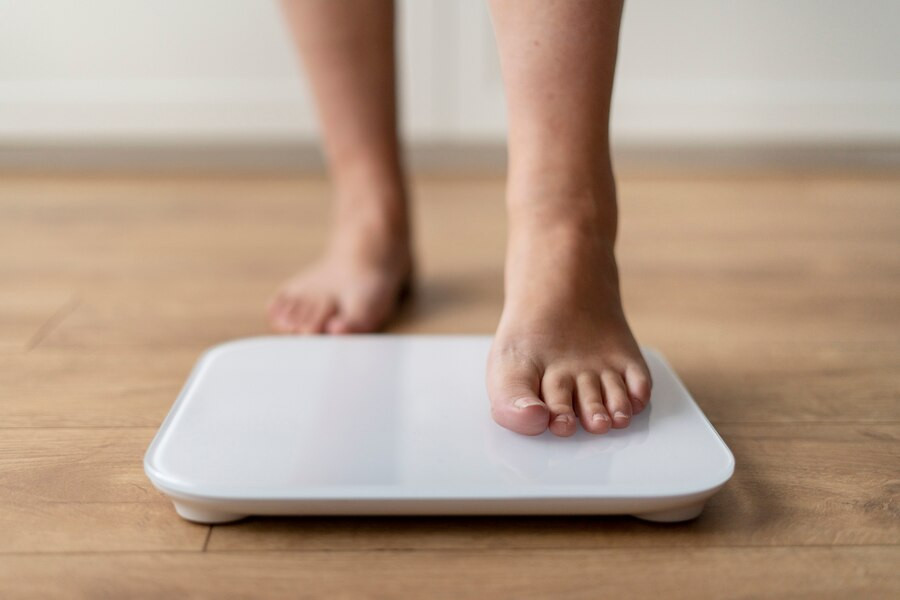Cholesterol consists of two types: LDL cholesterol, known as bad cholesterol, and HDL cholesterol, known as good cholesterol. Good cholesterol plays a crucial role in transporting excess cholesterol from the blood vessels back to the liver for disposal, while bad cholesterol can cause plaque buildup in the arteries, leading to heart disease.
Many people aim to increase and maintain their HDL cholesterol levels. However, it’s important to remember that while HDL has protective benefits for heart health, excessively high HDL levels can also have negative effects on the body.
Recommended HDL Cholesterol Levels
HDL (High-Density Lipoprotein) cholesterol helps clear excess cholesterol from the blood vessels and returns it to the liver for processing and elimination. This process helps prevent plaque buildup in the arteries, reducing the risk of heart disease and stroke.
The recommended HDL level to reduce the risk of heart disease is above 60 mg/dL. Levels between 40-59 mg/dL are still considered normal, but the higher the HDL levels, the better.
However, HDL cholesterol levels that exceed 80 mg/dL in men or 100 mg/dL in women can actually increase the risk of heart problems and stroke.
The Impacts of Excessively High HDL Cholesterol
While HDL has long been recognized as good cholesterol, research shows that excessively high HDL levels can signal inflammation in the body. This condition causes HDL to lose its protective benefits and may even increase the risk of heart disease.
When inflammation occurs, HDL can become dysfunctional, no longer protecting the heart. In fact, this impaired HDL can contribute to damage in the blood vessels.
How to Maintain Healthy HDL Levels
To maintain healthy HDL levels, ensure that your HDL is between 40-60 mg/dL, LDL is below 100 mg/dL, and total cholesterol is under 200 mg/dL.
Here are some effective ways to maintain healthy HDL levels:
-
Eat a balanced diet rich in fiber, avoid trans fats, and opt for unsaturated fats such as olive oil, avocados, nuts, and fatty fish in moderation.
-
Engage in regular physical activity, such as brisk walking, running, cycling, or swimming, for at least 30-60 minutes every day.
-
Include weight lifting exercises to improve fat metabolism.
-
Quit smoking.
-
Maintain a healthy weight.
-
Consume alcohol in moderation.
-
Manage stress effectively.
Additionally, it’s essential to have regular check-ups and consult your doctor if your HDL levels become too high. Your doctor may recommend further tests to determine the cause and suggest appropriate treatment.
If you have more questions about cholesterol levels, you can consult a doctor through the Ai Care application, available for download from the App Store or Play Store.
Looking for more information about other diseases? Click here!
- dr Hanifa Rahma
Kristeen Cherney (2019). Can HDL Cholesterol Levels Be Too High?. Available from: https://www.healthline.com/health/high-hdl
Rena Goldman and Catherine Clark (2023). The Recommended Cholesterol Levels by Age. Available from: https://www.healthline.com/health/high-cholesterol/levels-by-age
Cleveland Clinic (2024). Cholesterol Levels. Available from: https://my.clevelandclinic.org/health/articles/11920-cholesterol-numbers-what-do-they-mean
Stephanie Watson (2024). Good Cholesterol Levels: What to Know. Available from: https://www.webmd.com/cholesterol-management/good-cholesterol-too-high
Jennifer Berry (2024). Can my HDL be too high?. Available from: https://www.medicalnewstoday.com/articles/319275
Beata Franczyk, et all (2021). Is a High HDL-Cholesterol Level Always Beneficial?. Available from: https://pmc.ncbi.nlm.nih.gov/articles/PMC8466913/












